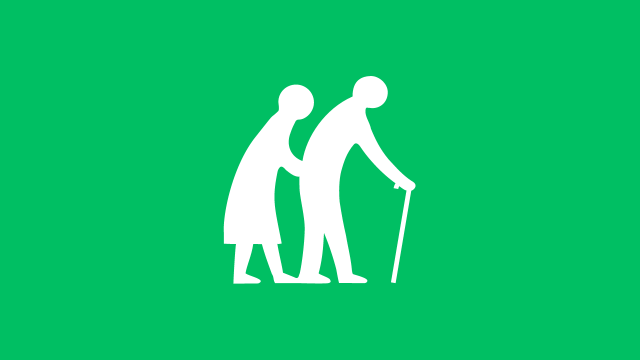|
Brussels, |
|
Social protection systems provide support to people who cannot earn their income or face additional needs, for instance, because of unemployment, parental responsibilities, sickness, disability or old age.
This support can take the form of cash benefits, such as pensions or unemployment benefits, or benefits in kind, such as care services. In the EU, most social protection benefits are provided by public authorities.
In some cases, employers or social partners jointly also provide benefits, such as occupational pensions.
The set-up and financing of social protection systems is primarily a competence of Member States, while the EU supports national actions to ensure social protection and upward social convergence.
The EU ensures the protection of rights of people who move between Member States through the social security coordination.
Source: European Union, http://www.europa.eu/, 1998-2024
|
Brussels - Milano - Nice - Tokyo
|
eEuropa Belgium
Avenue Louise, 367 1050 Brussels BELGIUM Bld. Franck Pilatte, 19 bis
06300 Nice FRANCE YONO HOUSE 9-1 KAMIOCHIAI, SAITAMA-SHI, SAITAMA-KEN 〒 338-0001 JAPAN Via S. Veniero 6 20148 Milano ITALY |
All rights reserved - © Copyright eEuropa Belgium 2020-2024




